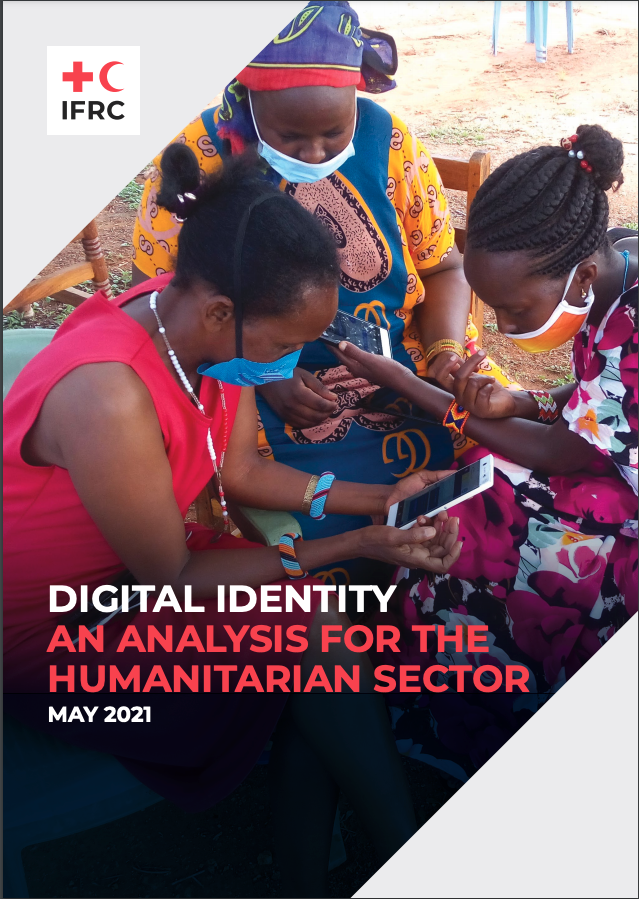Digital Identity: An Analysis for the Humanitarian Sector

Being able to prove one’s identity is critical in modern society. This is no less the case for people being served by humanitarian organizations. Indeed, those without official identification are among the most vulnerable. While previous solutions to this challenge have relied on traditional means, these are not ideal, especially in the context of the current COVID-19 pandemic.
Recent technological developments have seen increased interest in the deployment of digital identities. Through a series of expert interviews and case studies, this report delves into the humanitarian contexts where organizations are already piloting digital ID solutions, looking at technical, ethical, and sustainability considerations. It shows that digital ID has great potential for use in the humanitarian sector, with benefits to organizations and affected communities alike, while also outlining its limitations and the challenges to overcome.
This research was commissioned by the IFRC and carried out by the Oxford Centre for Technology and Development. It was supported by the Dignified Identities in Cash Assistance (DIGID) project consortium comprised of the Norwegian Red Cross, Norwegian Refugee Council, Norwegian Church Aid, and Save the Children Norway. The DIGID consortium also held a webinar featuring one of the authors introducing this report, as part of Data and Digital Week in April 2021.
